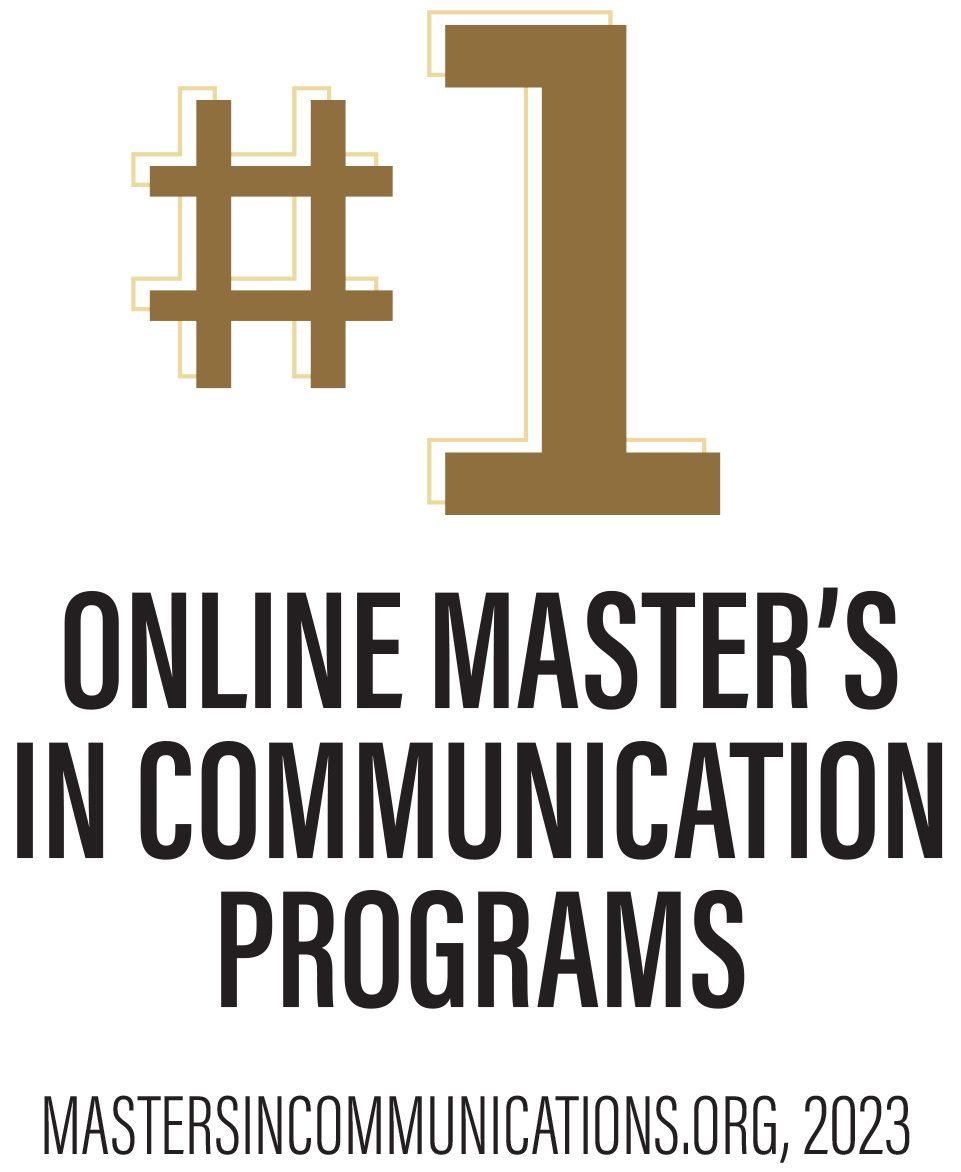Online Master’s in Corporate Training & Communication
Excel in Communication and Advance Your Career Apply NowRequest InformationMaster Corporate Training and Communication Skills and Prepare Your Workforce for Success
Purdue University’s online master’s degree in corporate training and communication is designed to teach professionals how to design, analyze and lead effective corporate training strategies in a variety of organizational contexts. The program emphasizes state-of-the-art tools and technologies for strategic communication and instructional design in corporate training and development.
This 100% online master’s degree was designed with professional students in mind — the flexibility of the program empowers students to master educational and communication tools without putting their careers on hold. Additionally, the program requires no prerequisites (outside of a bachelor’s degree) and no GRE score. The online master’s in corporate training and communication is acollaboration between the College of Education’s Master of Science in Learning Design and Technology and the Brian Lamb School of Communication’s Master of Science in Communication that leverages communication methods, technology and instructional design principles to prepare students for organizational success. Graduates receive an interdisciplinary master’s from the Purdue Graduate School.
LEARNING OBJECTIVES
Communication:
- -Develop communication plans to engage organizational stakeholders
- -Implement messaging strategies to achieve organizational objectives
- -Assess and evaluate the effectiveness of communication campaigns
- -Evaluate communication and social technologies to support corporate communication needs
- -Respond effectively to organizational issues and crises through communication
Education
- -Compare and contrast the contributions of various learning theories to the field of instructional design
- -Identify and describe the basic components within various motivational theories and their impact upon the learning process
- -Select appropriate principles derived from given theories and apply those within practical learning situations
- -Understand and implement instructional and learning theory relevant to creating effective e-learning
- -Propose and/or develop relevant intervention strategies (instructional or non-instructional) to issues presented in a case situation that are consistent with arguments and evidence presented
- -Identify and apply key characteristics of expert problem solving to ill-structured instructional design problems
Credit Pathways for Professional Credentials and Graduate Certificates
The College of Education and the School of Liberal Arts offer various pathways for converting non-credit courses or professional credentials into credits The master’s in corporate training and communication program has received approval from five associations, which include:
- -Association to Talent Development (ATD)
- -Association for Change Management Professionals (ACMP)
- -International Society for Performance Improvement (ISPI)
- -International Association of Business Communicators (IABC)
- -Society of Human Resource Management (SHRM)
Each of these associations provides professional credentials. Upon successfully acquiring a credential from any of these organizations, students can earn up to six credit hours of electives applicable to the master’s degree. This helps students use their professional credentials to earn credit in a graduate program.
Application Information
| Semester | Priority Application Deadlines* | Start of Classes |
| Spring 2026 | December 1, 2025 | January 12, 2026 |
| Summer 2026 | April 1, 2026 | May 4, 2026 |
| Fall 2026 | August 1, 2026 | August 24, 2026 |
*Applications submitted after the priority deadline will still be considered.
This online program has rolling admission. Applications must be fully complete and submitted (including all required materials) and all application fees paid prior to be considered and reviewed.

Graduate Certificates
Students can transfer credits from Purdue’s online communication graduate certificates to count toward the master’s in corporate training and communication degree.

